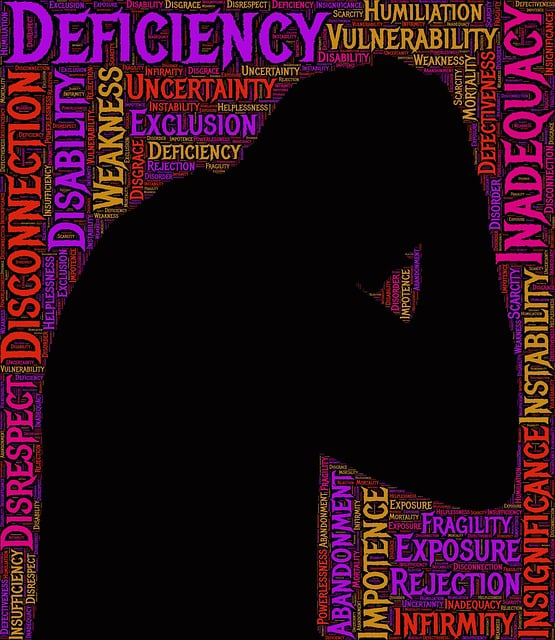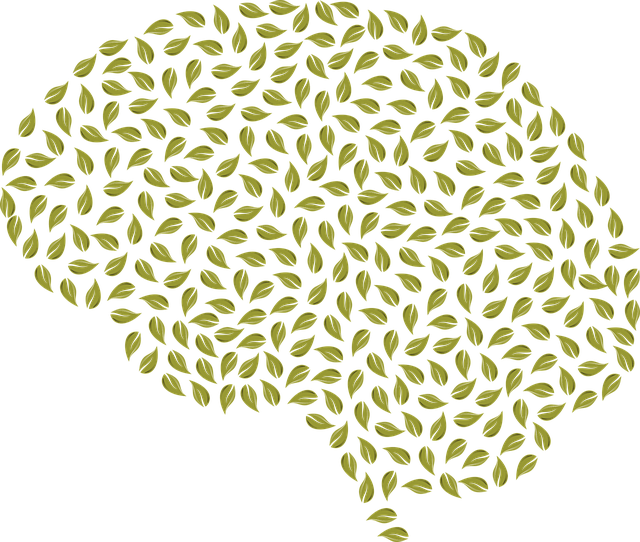Mental wellness coaching for children, focusing on trauma and abuse, uses evidence-based techniques like compassion cultivation and cognitive behavioral therapy to build resilience and coping strategies. Targeted programs create safe spaces, offer crisis intervention, and develop emotional intelligence through age-appropriate activities. Customized coaching plans, structured with goals, assessments, and support mechanisms, empower kids to overcome adversity and thrive despite challenging backgrounds, including child abuse experiences.
Mental wellness coaching programs are gaining traction as innovative approaches to support children’s emotional well-being. This article explores the development of such programs, focusing on their potential to address critical issues like child abuse and trauma. We delve into key considerations, from understanding the unique needs of young minds to designing effective interventions. By examining implementation strategies and emphasizing continuous improvement, we aim to highlight how these programs can foster resilience and promote healthy development, offering a promising alternative to traditional therapy for children.
- Understanding Mental Wellness Coaching for Children
- Identifying the Need: Addressing Child Abuse and Trauma
- Designing Effective Coaching Programs
- Implementation, Support, and Continuous Improvement
Understanding Mental Wellness Coaching for Children

Mental wellness coaching for children is a specialized field that focuses on promoting healthy emotional and psychological development in young individuals. It recognizes that childhood experiences, including trauma and abuse, can significantly impact a child’s mental health later in life. The role of a coach here differs from traditional therapy; they work collaboratively with children to foster resilience, self-awareness, and coping strategies. By using evidence-based techniques, such as compassion cultivation practices, coaches help children navigate their emotions, build positive relationships, and develop effective problem-solving skills.
This coaching approach aims to enhance mental health awareness in children, enabling them to express their feelings, set boundaries, and make informed decisions about their well-being. Mental wellness coaching also serves as a preventative measure, offering tools for risk management planning among mental health professionals working with vulnerable youth. It’s crucial to address childhood trauma effectively, as it can lead to long-lasting issues if left unaddressed, especially in cases of potential child abuse.
Identifying the Need: Addressing Child Abuse and Trauma

Identifying the need for mental wellness coaching programs that address child abuse and trauma is a critical step in ensuring children’s overall well-being. Many young lives are affected by adverse experiences, such as physical or emotional abuse, neglect, or exposure to violent environments. These traumatic events can have long-lasting impacts on a child’s mental health, often leading to conditions like anxiety, depression, or even post-traumatic stress disorder (PTSD).
Mental wellness coaching tailored for these situations offers a safe space for children to process and overcome their experiences. Through specialized techniques, coaches provide crisis intervention guidance, helping children develop inner strength and coping mechanisms. By addressing the root causes of trauma, these programs aim to offer anxiety relief and foster resilience, allowing children to rebuild their lives and thrive despite challenging circumstances.
Designing Effective Coaching Programs

In designing effective mental wellness coaching programs, especially for children who have experienced child abuse, it’s essential to incorporate tailored interventions that address specific needs. Coaching should foster self-awareness exercises, promoting a deeper understanding of emotions and triggers, which is crucial for resilience building. By creating safe spaces where children feel heard and supported, coaches can help them develop coping strategies for managing stress and trauma-related symptoms.
Program curriculum should include evidence-based practices such as cognitive behavioral therapy techniques, mindfulness training, and resilience-focused activities. These methods empower individuals to navigate challenges, enhance emotional intelligence, and build a sense of agency. Moreover, integrating age-appropriate games and creative expressions allows for fun and engaging stress management workshops within the organization, ensuring that learning becomes an enjoyable experience for young participants.
Implementation, Support, and Continuous Improvement

Implementing mental wellness coaching programs requires a structured approach that supports both individuals and organizations. The process begins with identifying specific goals and needs, tailored to the unique context of each participant. This involves assessing current mental health practices and integrating evidence-based strategies for optimal results. Customized coaching plans focus on various aspects, including emotional regulation, confidence boosting, and self-care practices, ensuring a holistic approach that addresses individual challenges.
Support mechanisms play a pivotal role in the success of these programs. Regular check-ins, ongoing feedback, and accessible resources enable coaches to offer guidance and encouragement throughout the journey. By fostering an environment of open communication and continuous improvement, participants can build resilience and acquire valuable coping mechanisms. Incorporating therapeutic techniques for children who have experienced child abuse is particularly crucial, as it aids in their emotional healing and promotes healthy development.
Mental wellness coaching programs offer a promising approach to supporting children’s emotional well-being, especially in addressing historical issues like child abuse and trauma. By designing effective coaching models and implementing continuous improvement strategies, we can create safe spaces for kids to thrive. These programs have the potential to revolutionize therapy for children, providing an alternative path towards resilience and mental health recovery.














